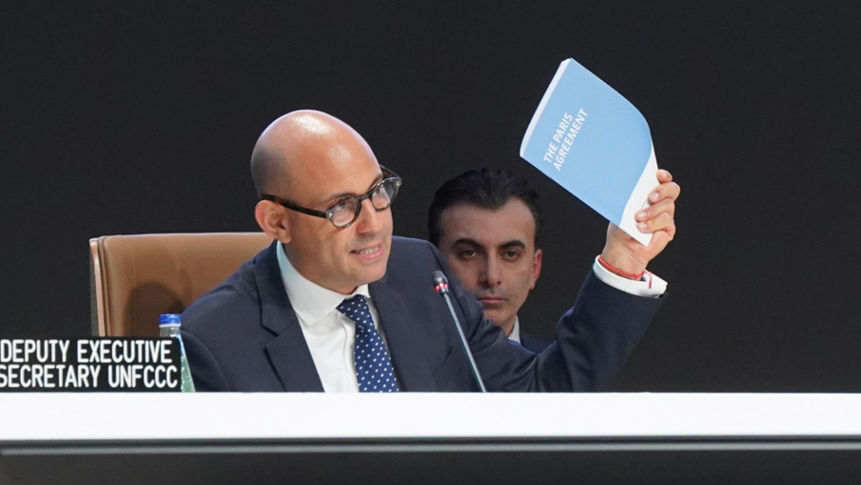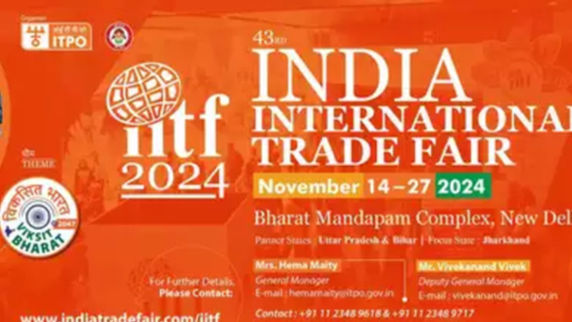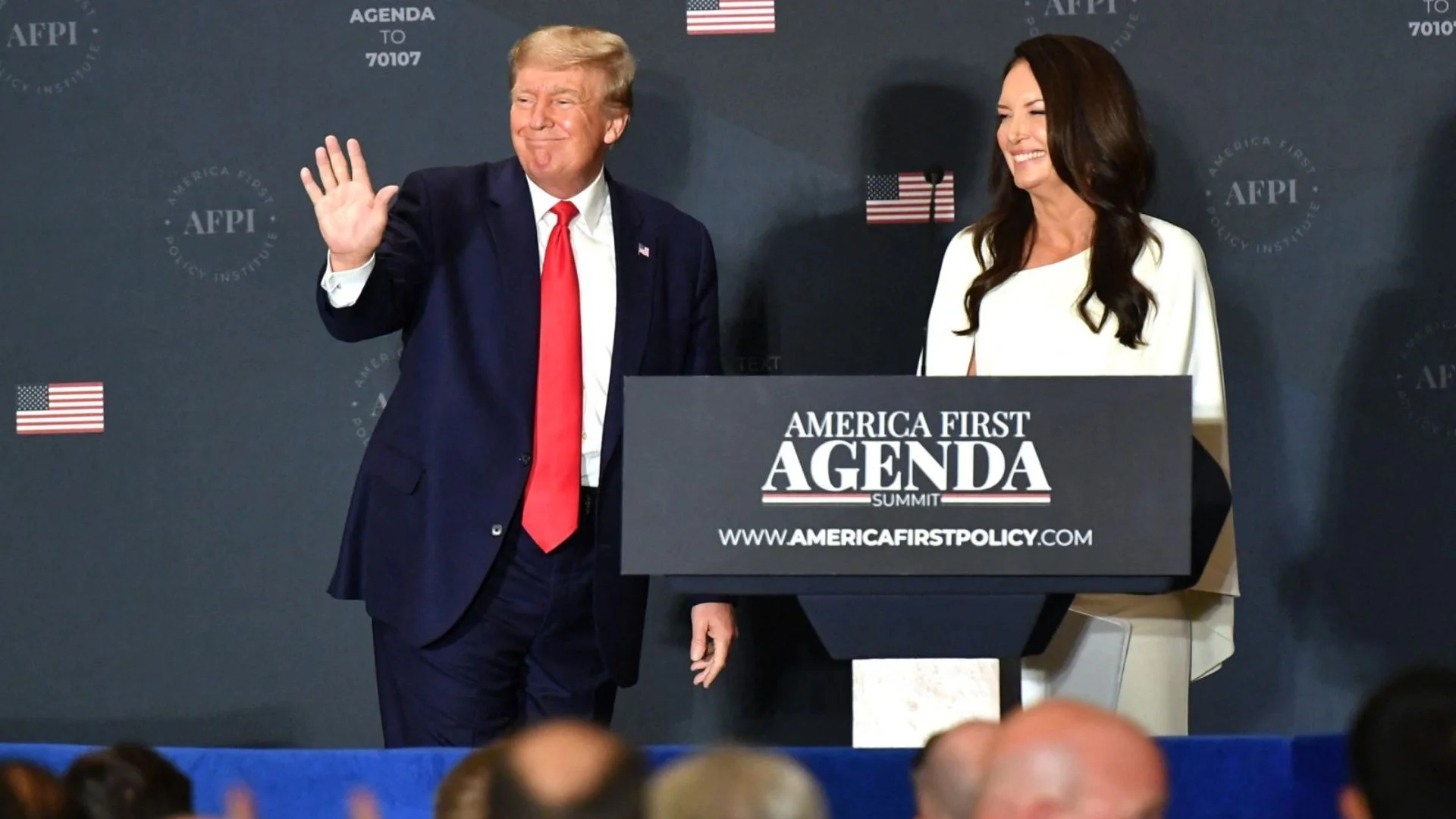
At COP29 in Baku, Azerbaijan, wealthy nations pledged to provide USD 300 billion annually by 2035 to help developing countries tackle the climate crisis. While some saw it as progress, many vulnerable nations criticized the amount as insufficient.
The agreement followed over two weeks of intense negotiations. These talks were marked by boycotts and disagreements. Tensions peaked when representatives from small island states and the least-developed countries walked out in protest. After 30 extra hours of talks, negotiators finalized the deal early Sunday morning.
Simon Stiell, head of the United Nations Framework Convention on Climate Change, called the deal “an insurance policy for humanity.” He recognized the hard work behind reaching the agreement, saying, “It has been a difficult journey, but we’ve delivered a deal.” The funds aim to help poorer nations address climate impacts and transition to clean energy.
However, the USD 300 billion is far from the USD 1.3 trillion economists say is needed. India’s representative, Chandni Raina, called it “a paltry sum” and described the deal as “nothing more than an optical illusion.” Tina Stege, climate envoy for the Marshall Islands, criticized the agreement for giving vulnerable nations “a small portion” of the funds they need.
Stege also pointed to the influence of fossil fuel interests in the negotiations, accusing them of blocking progress. “Fossil fuel interests have been determined to block progress,” she stated.
The deal commits developed nations, including the US and European countries, to provide USD 300 billion annually. There is an aspiration to eventually reach USD 1.3 trillion. However, developing countries argued for more grants instead of loans, fearing debt entrapment.
The G77 group of developing nations had pushed for USD 500 billion annually. Wealthier nations, however, considered this amount unfeasible. Avinash Persaud, special advisor to the President of the Inter-American Development Bank, said, “We have arrived at the boundary between what is politically achievable today in developed countries and what would make a difference in developing countries.”
Efforts to include contributions from countries like China and Saudi Arabia failed. The agreement only “encourages” these nations to make voluntary contributions, without any obligations. Li Shuo of the Asia Society Policy Institute called it “a flawed compromise.”
COP29 was held amid extreme weather events, underscoring the urgency for climate action. However, the summit faced significant challenges. The host country’s status as a petrostate and the presence of 1,700 fossil fuel representatives complicated negotiations. This led climate groups to accuse fossil fuel interests of hindering progress.
Saudi Arabia, a major oil exporter, rejected any mention of fossil fuels in the agreement. The potential re-election of Donald Trump in the US also raised concerns about future global climate commitments.
The agreement has been widely condemned by climate activists and developing nations. Friederike Otto, a climate scientist, called the summit “another shady, oil-stained COP,” criticizing the lack of public engagement. Tasneem Essop, executive director of the Climate Action Network, accused developed nations of betraying the Global South. She said, “This was meant to be the finance COP, but the Global North turned up with a plan to betray the Global South.”
Harjeet Singh of the Fossil Fuel Treaty Initiative called the outcome “false hope.” He added, “We must persist in our fight, demanding a significant increase in financing and holding developed countries to account.”
Despite the criticism, the agreement represents a fragile step toward addressing the global climate crisis. With ongoing climate disasters and political challenges, meaningful action will remain difficult to achieve.














